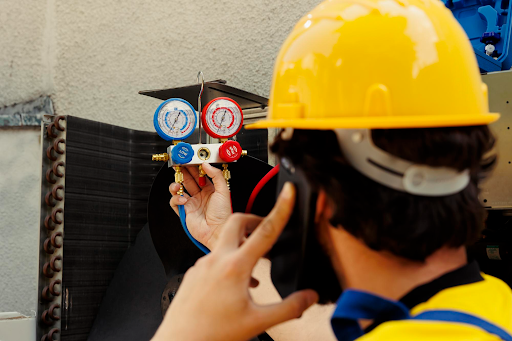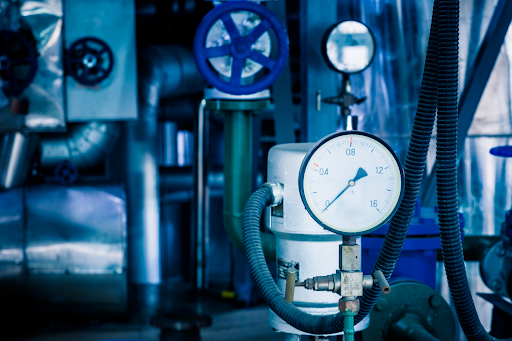
When you buy air compressor parts, it is evident to focus on the initial costs. While cheaper parts may seem like a good deal, it’s important to consider how much they’ll cost you over time.
That’s why paying a little more upfront can undoubtedly help you save a lot in the long run. Here is the breakdown to help you make a smart decision when selecting air compressor parts.
Upfront Cost vs. Total Cost of Ownership
The upfront cost is the price that you pay when buying the parts. But that’s not the only cost you’ll face. Thus, the total cost of ownership, or TCO, overlooks the entire lifespan of the air compressor system. It includes energy costs, maintenance, and repair.
Thus, cheaper parts tend to break down more often and need more repairs sooner, all of which can add up. By choosing parts from a trusted air compressor dealer, you can save money over time.
How Quality Affects Energy Efficiency
Good quality products are a bit costly but make your air compressor more energy efficient. It means it will use less power to run. Meanwhile, low-quality products can cause the system to use more energy, eventually increasing your electricity bills.
Choosing premium parts from a trustworthy compressor dealer will therefore improve system performance and ultimately save you money.
Longevity and Reliability of Parts
High-quality parts last longer. Buying reliable parts will save you from the hassle of frequent repairs and replacements from time to time. When you choose durable components from trusted compressor dealers, you are making an investment in the long-term health of your system.
Good parts last longer and work better, so you’ll save money on replacements and avoid interruptions to your work.
Warranty, Service Support, and OEM Recommendations
Before you proceed to buy any parts, be sure to check if they come with a good warranty. A warranty means you’re covered if something goes wrong. Furthermore, consider the service support offered by your air compressor dealer. High-quality service can help you keep your compressor running smoothly. Always follow the OEM (Original Equipment Manufacturer) recommendations for parts to ensure everything works well together and lasts as long as possible.
Conclusion
In conclusion, whenever choosing air compressor parts, always think about the total cost of ownership instead of just the initial cost. High-quality parts can save you money on energy, reduce maintenance, and last longer. At VEMC, we offer top-quality parts that are reliable and efficient, so you get the best value for your investment.
For expert support, reach out to us at +91 8976951701 | +91 98199 07445 | 022 43436655 | 022 43117133 or email us at marketing@vemc.co.in
Visit our website and explore our products- VEMC Compressors








